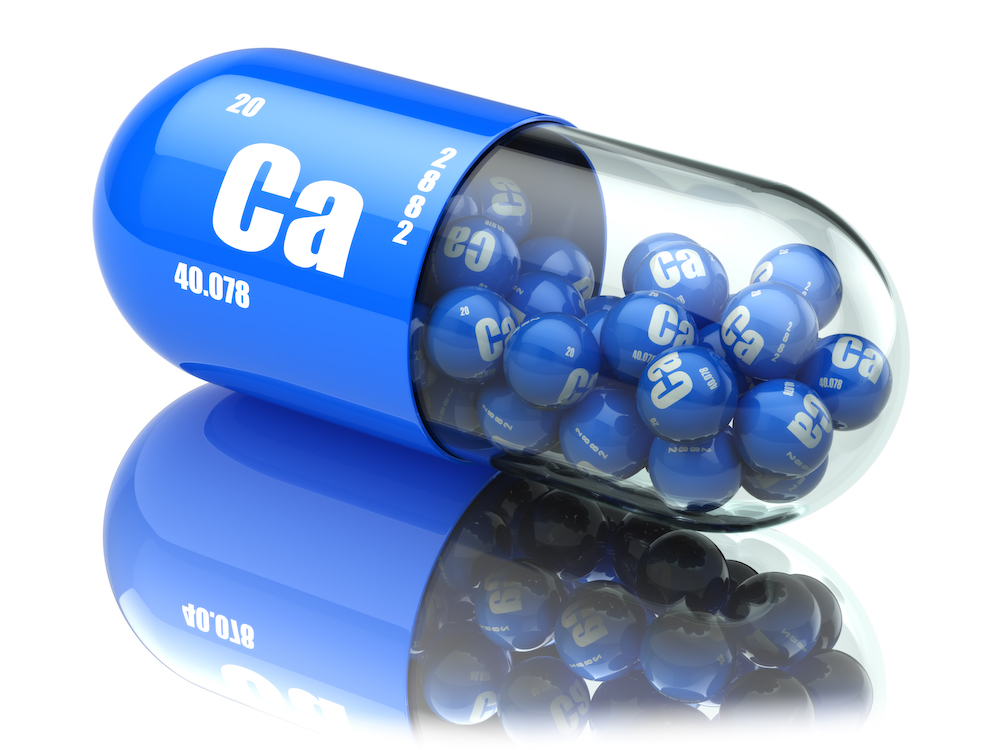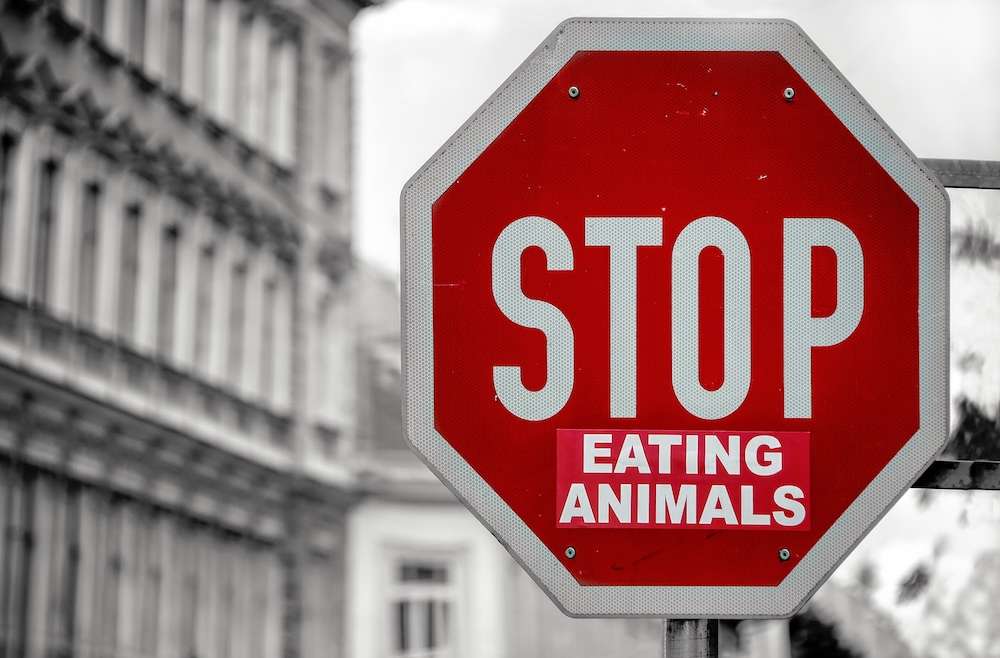Supplements to support a healthy vegan diet
Vegan diets, when done well, are a fantastic way to eat for health. So why do vegans still need to take certain supplements? The answers relate to the soil and particular nutritional gaps that can often be best filled with vitamins.
Benefits of veganism
Vegans primarily eat vegetables, seeds, beans, nuts, whole grains, and legumes. They don’t eat any animal product or by-product, including fish, dairy, and eggs.
Of course, it’s possible to eat as a vegan and still be unhealthy. Over-eating sugar, for example, can wipe out many of the benefits.
Several studies published over the last few years showed how certain foods could affect the benefits of a plant-based diet. In general, researchers compared vegan diets to traditional diets. Some groups ate primarily healthy foods, such as veggies, beans, and whole grains. Other group ate heavy amounts of sugars and starchy foods in addition to some healthy foods. The healthier group lowered their risk of heart disease, while the other group may, in fact, have raised their risk. This evidence shows you can’t expect to get healthier from a plant-based diet simply by avoiding meat-based products – you need all the right nutrients.
Why vegans need supplements
Modern food is often grown in nutrient-depleted soils because of over-farming. Kale grown today may have fewer nutrients than the same kale grown fifty years ago. So, even those of us who eat vegetables and fruit every day might not be getting the optimal level of nutrition and micro-nutrients.
Veganism also presents some problems with providing a full nutritional panel. For instance, vegans struggle to get enough Vitamin B-12, which is found mostly in animal products.
Certainly, no one can expect to eat an ideally nutritious diet all the time. Vegans may go through periods of eating fewer vegetables and fruit or eating more junk. And the fewer foods you eat that contain specific nutrients – such as meat and eggs for protein, or fish for Omega-3 fatty acids – it’s harder to make up for those losses. With those nutrient gaps come problems.
We all want to be smarter, a healthy weight, feel good and protect our bodies from long-term damage and disease. Supplements are an option for filling in those gaps. A good quality supplement can round out a vegan’s nutritional profile.
Supplements for vegans
-
B-12 and riboflavin
As mentioned, vegans will usually be low in vitamin B-12, as this comes primarily from animal sources. Riboflavin is a B vitamin too. Symptoms of a B-12 deficiency include fatigue, confusion, memory problems, muscle aches and rapid heartbeat. B-12 is especially crucial for our brain function. Riboflavin deficiency can cause a higher risk of cancer.
Vegans can receive their B12 in food through nutritional yeast, soy milk, and fortified cereals. However, a supplement is usually necessary to get the correct daily amount of 2.4 micrograms of B-12 a day. A B-complex vitamin will also include riboflavin.
-
Iron
Even non-vegans can struggle with iron-deficiency anemia. Women are the most common sufferers, as they lose a fair amount of blood each menses cycle. If you are a woman and vegan, you likely need a supplement.
Plant-based iron is not absorbed nearly as well as animal-based iron. And the most iron-rich source is animal meat. Symptoms of an iron deficiency include fatigue, muscle pain, dizziness, headache, pale skin, weakness, and nausea. Liquid iron supplements are absorbed well and quickly and are readily available.
-
Vitamin D
The best source of vitamin D is a good daily dose of 15 minutes in the sun. But, even those who receive that much direct sun can still have a D deficiency. And vegans are even more likely to have low D levels. Vitamin D is essential to a robust immune system and good bone health. It also assists in stabilizing mood and preventing depression.
Vitamin D comes primarily from animal foods. Vegans can add fortified orange juice, cereal, soy milk and shiitake mushrooms to their diet for increased intake. Supplements, which come in liquid and pill form, can keep you at the recommended daily level of 600 IU.
-
Calcium
Dairy is one of the main sources of calcium, so vegans struggle to get enough. As with iron, plant-based sources of calcium simply are not absorbed as well in the body. Low calcium levels can increase your risk for weak bones, osteopenia, and osteoporosis. Physical indicators of calcium deficiency are insomnia, muscle cramps, decaying teeth and brittle nails.
Food sources of calcium for vegans are collard and turnip greens, kale, broccoli, bok choy, soybeans, chickpeas, black beans, and almonds. A calcium supplement is often required for vegans to hit the adult recommendation of 1,000mg per day and 1,200mg for women over 50.
While this list includes the primary deficiencies that require supplements, vegans may find themselves low in other nutrients too. For instance, vegans may need to supplement amino acids such as taurine and l-carnine. And people on any plant-based diet should always keep an eye on their omega-3 and protein levels.
For more detailed information on the health benefits of certain dietary plans, check out Jonathan Bailor’s, The Calorie Myth.



